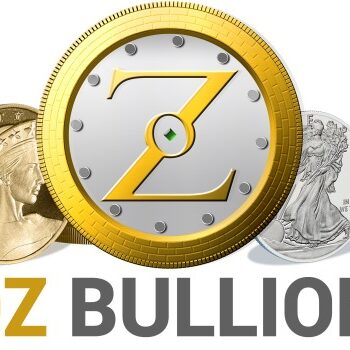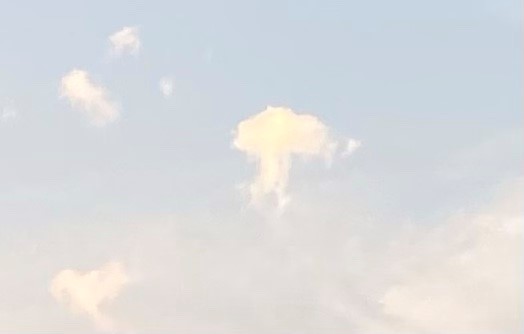 Asia Times
Asia Times
In Japan’s Liberal Democratic Party leadership race, to be decided on September 14, Cabinet Secretary Yoshihide Suga looks almost certain to become the nation’s next prime minister.
Suga, 71, is widely viewed as a “poor boy made good” and noted for his fearsome self-discipline, energetic networking and savvy information management.
The right-hand man of outgoing Prime Minister Shinzo Abe, who is resigning due to ill health, Suga served for more than seven years as cabinet secretary. He is respected within the LDP but feared by the civil service and press – all for good reason.
On the plus side, a Suga premiership will assure stability and policy continuation. Domestically, the outgoing Abe is credited for implementing economic policies, known as “Abenomics”, that overcame the “lost decade” of the 1990s. On the foreign front, he cozied up to the United States while forging relations and trade deals with other global partners.
On the downside, Suga is perhaps too closely associated with his predecessor, whose long premiership clearly outlasted its welcome. Abe’s inability to raise wages and reign in Covid-19, as well as his linkage to the 2020 Tokyo Olympic debacle, saw his popularity ratings recently dip to the low 30% range.
Suga did little to distinguish himself or win public affection until last April, when he giddily revealed the kanji (written character) for the new Imperial Era, or Reiwa, on national television. For that, he was embraced as “Reiwa Ojisan” or “Uncle Reiwa” by the public.
But Suga is also a cold, formidable operator who has taken an iron grip on the bureaucracy and media. Given that multiple scandals now taint Abe and his LDP, backdoor deals that look set to ensure Suga – who has kept a lid on the misconduct – becomes the new premier, his elevation makes good sense for the party’s powerbrokers.
The broad question is whether Suga will act on his own convictions and make a mark on the premiership, or will simply act as a “caretaker” leader who continues Abe’s policies until the next national election in October 2021.
Speculation is rampant that Suga, if elected in Monday’s intra-party vote (he is believed to have 70% support within the LDP), will call a snap general election to firm up both his own and the LDP’s position with the electorate.
Unlike many parliamentarians and the wellborn Abe, Suga hails from humble origins. He was raised in a farming village in Akita Prefecture, a rural region in northwest Japan known for its long winters, deep snowfalls and dogs. There, his family reportedly had a successful strawberry plantation. The first-born son, he was the pride of his parents.
At a time when many locals dropped out of school after junior high to work for their parents or local industry, Suga proceeded to high school. After graduation, he worked briefly in a cardboard manufacturing plant.
In 1969, he enrolled in the legal studies department of the well-respected Hosei University. Six years later, he became the political secretary of an LDP parliamentarian.
He was 38 when he entered politics on his own account, as a Yokohama City council member. In that position, he endeared himself to local powerbrokers and was elected to the lower house of parliament at 47.
When Abe ran for the premiership in 2006, Suga backed him to the hilt. The term proved a failure: Abe, plagued by scandal and illness, resigned in 2007. But Suga did not abandon him.
Abe’s enforcer
During the wilderness years when Abe was seen as a political has-been, Suga, with the help of the nationwide right-wing lobby and Shinto cult Nippon Kaigi, maintained his support. That powerful network enabled Abe’s triumphant 2012 comeback as national leader.
Suga is noted for his negotiating prowess and consensus-building. He is credited as the go-between Abe and New Komeito, the nominally Buddhist political party which entered a powerful parliamentary alliance with the LDP.
Suga is also credited with forcing Japan’s bureaucrats to relax visa regulations – a move that dramatically boosted tourism, a key Abe policy. He also reputedly convinced major telecommunications operators to lower mobile phone bills, which were disproportionately high due to lack of competition.
Another notable Suga achievement is the furusato nōzei (“hometown tax donation”) program, which permits tax reductions for those who donate to their local municipalities. This has benefitted local economies suffering from dwindling working populations.
In 2014, Suga was the chief architect of the Cabinet Personnel Bureau, which granted the administration unprecedented control over top bureaucratic appointments.
That essentially meant that ambitious civil servants had to please Abe if they were to succeed in their careers. Critics have charged that this creates a dynamic where government employees work to please the administration rather than the public.

















